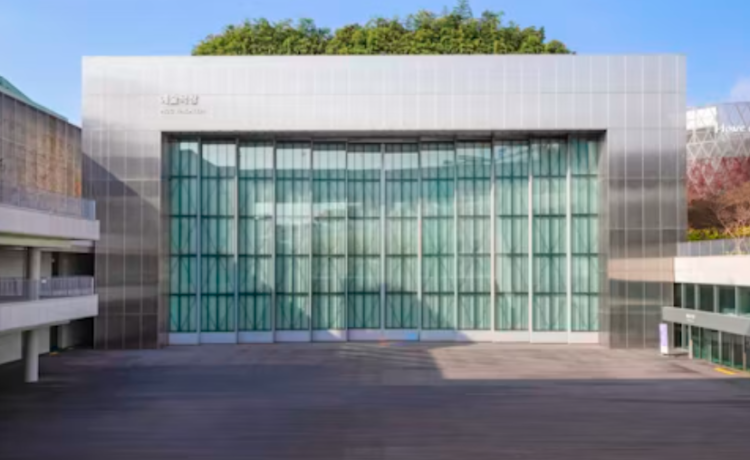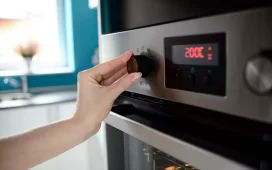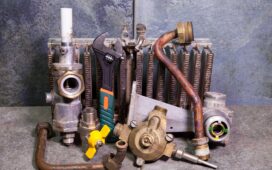The right commercial door system is a crucial element in the design, functionality, and security of any business facility. Whether it’s an office building, warehouse, hospital, or retail space, choosing the best door system can impact safety, efficiency, and even the overall aesthetic appeal of the building.
Selecting the appropriate commercial doors depends on several key factors, including durability, security features, energy efficiency, and the specific needs of the business. Here’s how to choose the best commercial door system for your facility.
Durability and Material Selection
One of the most important factors to consider when selecting a commercial door system is durability. Commercial doors are subject to frequent use, so they need to withstand constant opening and closing without deteriorating. The material of the door plays a key role in its durability and longevity.
The choice of material should be based on the specific needs of the facility, including exposure to the elements, security requirements, and frequency of use.
Security Features
Commercial doors play a vital role in protecting the facility from unauthorized access, vandalism, and theft. Depending on the type of business, enhanced security features may be necessary to safeguard sensitive areas and valuable assets. Some common security features to consider include:
Reinforced Frames
Reinforced door frames can prevent forced entry by adding an extra layer of protection around the door. This is especially important for exterior doors or doors leading to restricted areas.
Access Control Systems
Many modern commercial doors are integrated with access control systems, such as keycard entry, biometric scanners, or keypad locks. These systems allow you to control who has access to certain parts of the building, adding an extra layer of security.
Security Glass
For doors that include glass panels, opting for shatterproof or laminated glass can prevent break-ins and improve safety. Security glass is designed to resist impact and reduce the likelihood of injury in case of damage.
Energy Efficiency
Energy-efficient commercial door systems can have a significant impact on your facility’s overall energy consumption and operating costs. Well-insulated doors help regulate the indoor temperature, reducing the need for heating and cooling and lowering energy bills.
By prioritizing energy efficiency, you can improve the comfort of your facility while reducing environmental impact and operational expenses.
Functionality and Ease of Use
The functionality of the door system is another key consideration, especially in high-traffic areas where ease of use and quick access are important. Depending on the nature of your business, different types of commercial doors may be more suitable:
Choosing a door system that fits the traffic patterns and operational needs of your facility will improve efficiency and reduce maintenance costs.
Compliance with Safety Standards
When selecting commercial doors, it’s important to ensure they comply with local building codes and safety regulations. For example, doors in healthcare facilities or schools may need to be fire-rated and meet specific safety standards.
Fire-rated doors are designed to prevent the spread of flames and smoke in the event of a fire, providing additional time for occupants to evacuate safely. Additionally, doors in public buildings should meet accessibility requirements, such as those outlined in the Americans with Disabilities Act (ADA), which ensures that doors are easy to use for people with mobility challenges.







